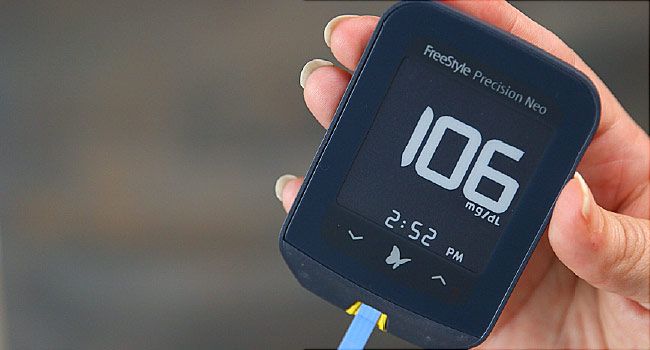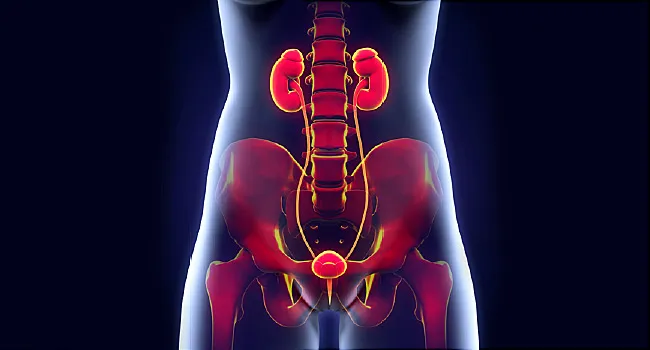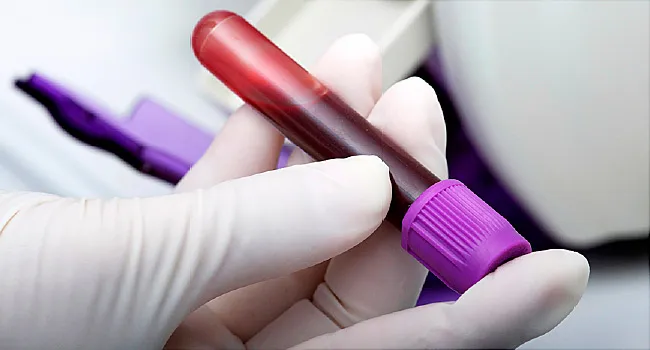from Reuters: Health News https://ift.tt/2Tisysk
via IFTTT

Sully, who served former President George H.W. Bush before his death in December, was 'sworn in' as a Naval petty officer and assigned to Walter Reed National Military Medical Center.
If you’re planning a trip but haven’t yet worked out all the details, there are dozens of apps and online destinations that can help you book flights, rentals cars, activities, and hotel rooms.
The United States of Adventure: The Most Epic Adventures in America’s 50 States
We’ve put together a list below of some of our favorite travel apps and websites. Some, like Orbitz and Priceline, are one-stop destinations where it’s easy to lock in every detail and every price for a complete trip. Others focus on specific activities or destinations that let you tailor your excursion to exacting standards.
No matter where you’re going this year, there’s a website or app to help make travel suck less.

New research suggests that a diet that's full of fiber appears to lead to more diverse intestinal bacteria (microbiome). In turn, a thriving gut microbiome is linked to a stronger response to an immune therapy for the aggressive skin cancer.

People in a recent study who did not get sufficient sleep consistently showed decreased insulin sensitivity in their liver and muscles. Over time, decreased insulin sensitivity can be a precursor

Combinations of drugs that lower blood pressure and/or statins to control high cholesterol did cut the chances of heart problems in people in a new study, but did not appear to have an effect on thinking and memory declines.

Delaying or withholding antibiotics in this age group can increase the risk of bloodstream infection (sepsis) and death, researchers reported Feb. 27 in the BMJ.

The so-called liquid biopsy is as effective as testing tissue samples in diagnosing advanced non-small cell lung cancer, researcher say.

The so-called liquid biopsy is as effective as testing tissue samples in diagnosing advanced non-small cell lung cancer, researcher say.

Almost everyone -- 99% of people -- has at least one gene variant that would cause them to respond to one or more medications differently than expected. Many people have several of these variants.

A recent study of children with eczema found that those with food allergies had differences in their skin that kids without allergies did not have.
A group of researchers based at the Joslin Diabetes Center and Harvard Medical School just published a paper in the journal Nature Metabolism that tells us something new and amazing, as well as confirms something we all know already.
They studied a protein that is secreted by mouse and human fat cells in response to cardiovascular exercise. The protein, called transforming growth factor-beta 2, or TGFB2, is an adipocytokine (which literally means “fat cell movement”) that seems to lower blood sugars in mice. Previous research has shown that transplanting fat cells from mice of normal weight who exercised on a wheel into mice who were overweight and sedentary resulted in improved blood sugars.
These researchers administered this “fat cell movement” protein to mice with diet-induced obesity for nine days, and found significantly improved blood sugar response to a sugar load as well as increased sensitivity to insulin, both markers of improved metabolism and lower risk for diabetes.
They found that human fat cells also secrete TGFB2 in response to cardiovascular exercise. They hypothesize that TGFB2 could be used as a treatment for the metabolic problems often linked to obesity, such as glucose intolerance, insulin resistance (both of which increase risk for developing diabetes), and diabetes.
But they also state the obvious conclusion: exercise training improves metabolism.
From my perspective, the next step is not to discuss how we can make this protein into a profitable pill, but rather to discuss how we can become more active in our day-to-day lives.
We know that activity — any activity — has multiple health benefits beyond those on blood sugar. This blog has reviewed research showing that exercise lowers cardiovascular risk, relieves stress, improves memory and cognition and mood, prevents dementia, increases longevity, helps treat cancer, and on and on.
Right now, the recommended weekly amount of physical activity for adults is at least 150 minutes of moderate activity (think walking or easy biking) or 75 minutes of vigorous activity (think running or stair climbing). Children and teens should be getting 60 minutes per day of moderate to vigorous activity. These evidence-based recommendations were released by the US Department of Health and Human Services and are supported by many organizations, including the American Heart Association. (Check out our post on the new activity guidelines.)
According to a 2018 CDC study based on survey data from over 150,000 Americans from all 50 states, only 23% of adults meet those activity levels.
On an individual level, we can realize that all activity counts, and it doesn’t have to be at the gym.
On a family level, we can make playtime more active by encouraging more outdoor play (basketball, biking, jumping rope) and discouraging indoor sitting time (video games, television). We can make family time more active by taking walks, hiking, or doing sports together.
On a community level, we can work to make walking or biking to school safer for kids, and organize or get involved with activities like town soccer leagues.
There’s more, of course, a lot more, and all of it is better (and safer) than taking another pill.
The post Fat is more than calorie storage appeared first on Harvard Health Blog.